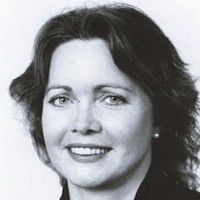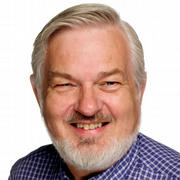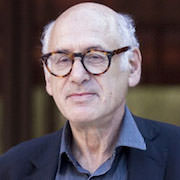Rutland Boughton (23 January 1878 – 25 January 1960) was an English composer who became well known in the early 20th century as a composer of opera and choral music. He was also an influential communist activist within the Communist Party of Great Britain (CPGB).
His oeuvre includes three symphonies, several concertos, part-songs, songs, chamber music and opera (which he called "music drama" after Wagner). His best known work was the opera The Immortal Hour. His Bethlehem (1915), based on the Coventry Nativity Play and notable for its choral arrangements of traditional Christmas carols, also became very popular with choral societies worldwide.
Among his many works, the prolific Boughton composed a complete series of five operas of Arthurian mythos, written over a period of thirty-five years: The Birth of Arthur (1909), The Round Table (1915–16), The Lily Maid (1933–34), Galahad (1943–44) and Avalon (1944–45). Other operas by Boughton include The Moon Maiden (1918); Alkestis (1920–22); and The Ever Young (1928–29).
Through the Boughton Trust (see below), many of his major works have been recorded and are available on disc including The Immortal Hour, Bethlehem, Symphony No 1 Oliver Cromwell, Symphony No 2 Deirdre, Symphony No 3, Oboe Concerto No 1, string quartets and various chamber pieces and songs.
In addition to his compositions, Boughton is remembered for his attempt to create an "English Bayreuth" at Glastonbury, establishing the first series of Glastonbury Festivals. They ran with enormous success from 1914 until 1926 when support for his musical activities dried up after he joined the CPGB.







